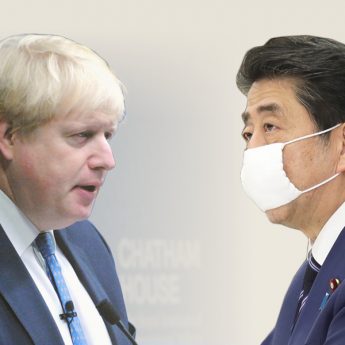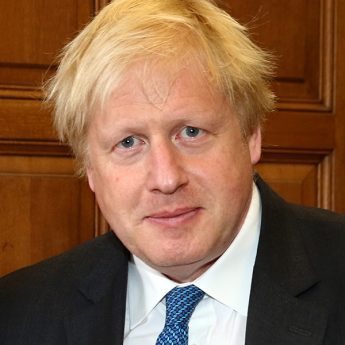Startling revelations or, rather, the lack of them, have had Japanese TV viewers riveted to their screens watching public broadcaster NHK’s live coverage of parliamentary debates over what people increasingly think of as Moritomogate. Moritomo Gakuen is a private school operator whose top management allegedly talked the Ministry of Finance into selling them state-owned land on the (very) cheap.
Nobuhisa Sagawa, at the time director-general of the ministry’s Financial Bureau, was called on to testify about the issue in the Budget Committees of both houses of the Diet on 27 March. He and the ministry have admitted to the wide-ranging falsification of official documents, removing mentions of Prime Minister Shinzo Abe, his wife Akie and Finance Minister Taro Aso in connection with the dubious transaction.
What everyone wants to know is the extent of politicians’ involvement in the affair and, most specifically, Abe’s connection. Did he or did he not try to influence the sale’s proceedings because Yasunori Kagoike, former head of Moritomo, was a self-proclaimed ardent admirer of the prime minister and friend of Akie? Did Abe lean on the ministry to rewrite the records in order to hide embarrassing revelations?
In his testimony, Sagawa has consistently denied such allegations, but he has left many with the strong impression that he was protesting too much.
All in all, the matter looks just like something straight out of my all-time favourite BBC programmes, Yes, Minister and its hilarious sequel Yes, Prime Minister. Sagawa would have done well to take a good look at the episode Official Secrets to learn all about exemplary bureaucratic behaviour in the event of having to cook up official minutes to suit what the prime minister has since said in public.
Divided they stand
Heaven only knows the path the affair will have taken by the time this column appears in print. Critics may hope that the issue will open the way for a change of government.
But much will depend on the opposition’s collective tenacity and ingenuity in asking the right questions. Or the wrong questions, depending on whose side you are. Here the situation looks somewhat more promising than previously. At least the parties of the current opposition are showing remarkable solidarity in their investigative zeal.
The snap general election called by Abe last October triggered a massive reshuffle of the opposition’s structure. The Democratic Party of Japan (DPJ), now a shell of its former self, fragmented into four groupings.
Party time
There were those who ran off to join Yuriko Koike’s brainchild, the Party of Hope (or, as I call it, the Party of Sinister Ambitions). Some chose to remain as the DPJ, while others ran as independents, and a good chunk of them decided to form a new party. This, the Constitutional Democratic Party of Japan (CDPJ), went on to win the position of largest opposition party in the October election.
Conventional wisdom had it that the DPJ’s fragmentation would lead to a further weakening of what had already been a very wobbly opposition. But that does not seem to have been the case. Now that the previously warring factions within the DPJ have become entities in their own right, they are able to relax and help each other out. It is the case of a divorced couple being able to be nice to each other after the separation.
Existing opposition parties also seem enlivened by the new development. There is good coordination among the parties in putting pressure on the government. The attack looks well orchestrated and actually quite resilient. In short, it looks very much like being a case of “divided we stand”.
No landslide
The October election was the result of Abe’s urge to seize an even greater majority than he already had at the time. Despite being sure he could secure a landslide and improve on his majority, he actually ended a handful of seats short of the pre-election number.
The emergence of the CDPJ was for him a very nasty surprise. Yukio Edano, the party’s leader, is proving to be much too popular with the electorate for Abe’s liking.
Meanwhile, although Abe thought the Party of Hope would become an ally disguised in opposition clothing, the departure of Koike has the party looking quite comfortably allied with the other opposition parties.
Divided, the opposition stands eager to continue probing Moritomogate. Thus, snap elections can bring unexpected shocks to those who call them. As UK Prime Minister Theresa May knows only too well.







